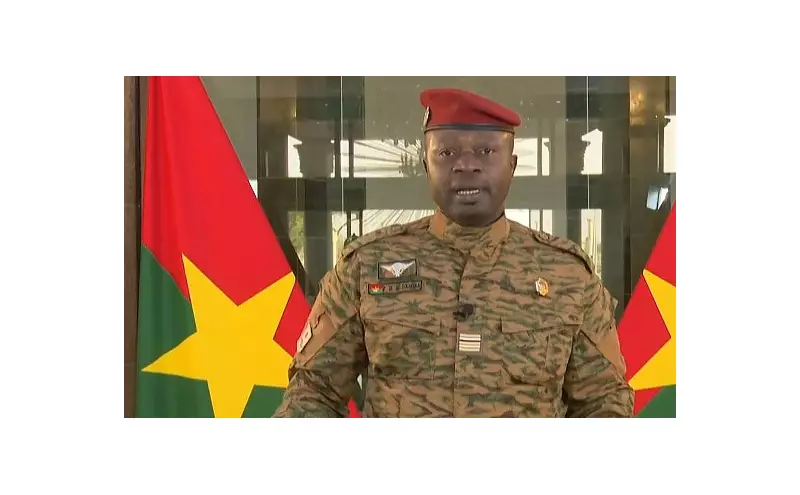
A prominent research institution has sounded the alarm, revealing that unconstitutional tenure extensions by sitting governments are becoming the primary catalyst for military interventions across West Africa.
The West Africa Centre for Counter-Extremism (WACCE), through its Executive Director, Mutaru Mumuni Muqthar, presented these critical findings during a high-level dialogue on democratic governance in Abuja. The event, organized by the West Africa Network for Peacebuilding (WANEP), brought together key stakeholders to address the region's escalating political crises.
Democracy Under Siege
Muqthar emphasized that the growing trend of leaders manipulating constitutional processes to cling to power has severely undermined democratic institutions. "When citizens witness their leaders subverting the very constitutions they swore to protect," he stated, "it creates widespread disillusionment and weakens the moral foundation to resist military takeovers."
The research identifies a dangerous pattern where constitutional amendments are weaponized to serve personal political interests rather than national development. This erosion of democratic norms has created fertile ground for military adventurism.
The Domino Effect Across the Region
Recent years have witnessed a disturbing resurgence of military coups in West Africa, with nations like Mali, Guinea, Burkina Faso, and Niger experiencing the overthrow of civilian governments. WACCE's analysis suggests these aren't isolated incidents but rather symptoms of a broader regional democratic deficit.
"The military often justifies its interventions by pointing to governance failures and constitutional manipulation by civilian leaders," Muqthar explained during his presentation. This narrative has gained traction among populations frustrated with democratic processes that appear to serve only the political elite.
Beyond Constitutional Manipulation
While tenure elongation remains the central concern, WACCE's research identifies additional contributing factors:
- Rampant Corruption: Systemic graft that diverts resources from public services
- Governance Deficits: Failure to address basic citizen needs and security concerns
- Poverty and Inequality: Growing economic disparities that fuel public anger
- Weak Institutions: Democratic structures unable to check executive overreach
A Call for Regional Action
The findings serve as a stark warning to regional bodies like ECOWAS and individual governments. There's an urgent need to strengthen democratic institutions, enforce constitutional term limits, and address the underlying governance issues that make military interventions appear attractive to disillusioned populations.
As West Africa stands at this critical democratic crossroads, the research underscores that preserving civilian rule requires more than just condemning coups—it demands genuine democratic reforms that restore citizen faith in constitutional governance.





